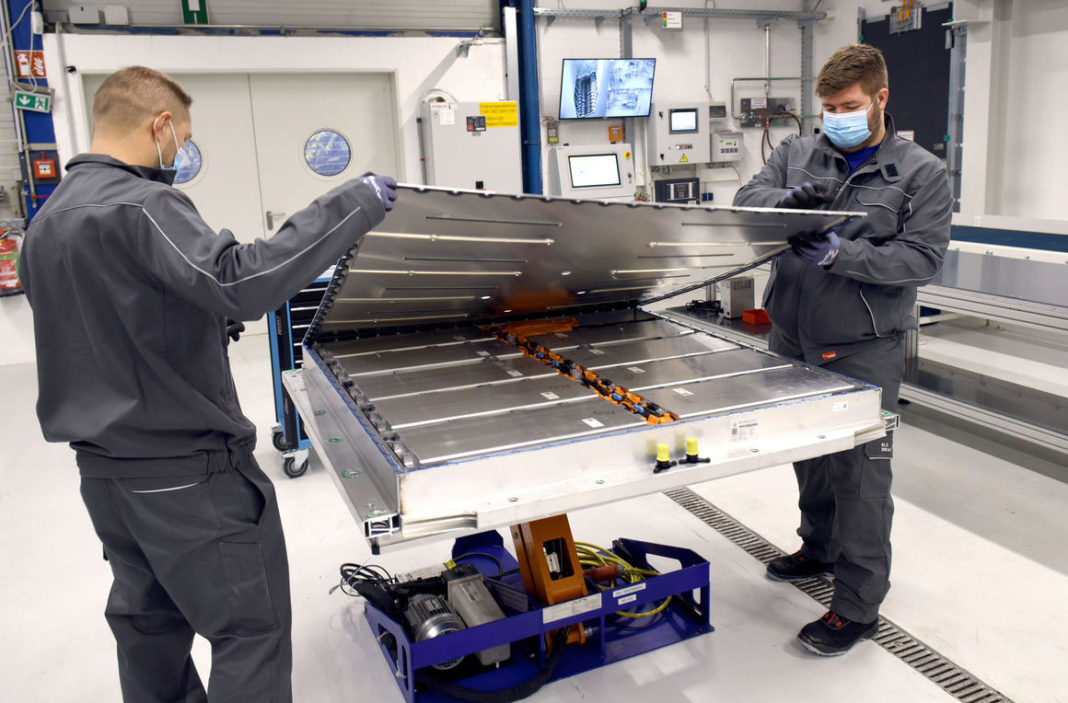The shift to electric cars is crucial for cutting transport emissions. But the skyrocketing demand for e-cars has triggered growing concerns about their batteries’ environmental and human costs. Production is energy-intensive and involves a great variety of raw materials that can cause significant environmental and social damages when mined. This is why entire production chains require close monitoring and management. Since car batteries pose further environmental threats at the end of their lifespan, scaling up reuse and recycling will also be key to making the shift to low-emission mobility truly sustainable.
Batteries that store renewable energy in cars, households and industry plants have become a mainstay of decarbonisation strategies around the world. The pressure is on to ensure that they will not only be truly sustainable during their use phase, but also before and after. Civil society groups have called on carmakers around the world to review their battery sourcing practices and make sure that supply chains do not rely on highly emissions-intensive or unethical and environmentally damaging practices. The rapid spread of e-mobility will also result in an enormous increase in discarded batteries. Reuse and recycling will have to become much more comprehensive and efficient to avoid squandering valuable resources in environmentally harmful green technology waste. Boosting circular use will not only improve electric mobility’s environmental […]
Click here to view original web page at www.cleanenergywire.org
Photo: Volkswagen

